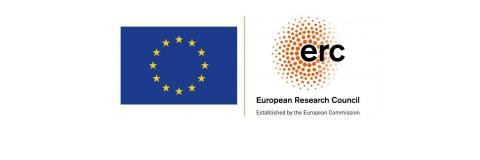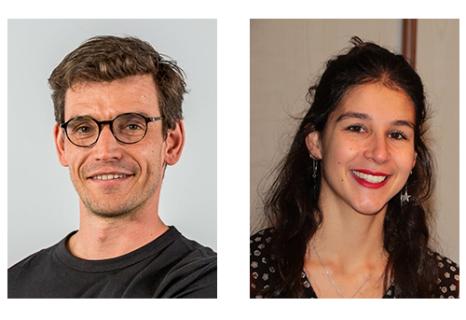
Thibault Cantat is awarded an ERC Proof of Concept grant
On Thursday 11 July 2024, the European Research Council (ERC) announced the 100 new winners of its Proof of Concept grant scheme for 2024. The UPCYCLON project, coordinated by Thibault Cantat and Marie Kobylarski, was one of the winners of the first round of the 2024 competition.
Thibault Cantat is a CEA research director and head of the Laboratory for Molecular Chemistry and Catalysis for Energy (LCMCE/NIMBE – Univ. Paris-Saclay/CEA/CNRS) and the Carbon Circular Economy programme. He has been awarded an ERC Proof of Concept grant for his project, UPCYCLON - Innovative catalytic process to valorize nylon wastes, which he coordinates alongside Marie Kobylarski, a research engineer at LCMCE.
The accumulation of plastic waste is an urgent global challenge, which calls for the development of more environmentally-friendly mechanical and chemical recycling methods. This challenge is particularly key for polyamide materials, commonly known as nylon (e.g. fishing nets, carpets, etc.), which are mainly buried in landfills or incinerated due to a lack of efficient recycling techniques.
With the UPCYCLON project, Thibault Cantat and Marie Kobylarski hope to build on the advances made in a previous ERC project, ReNewHydrides, which was launched in 2019, by developing a breakthrough chemical upcycling process for polyamides. This pioneering innovation facilitates the conversion of polyamides into new nitrogen-containing polymers using a catalytic process under mild conditions. These recycled materials bear potential for a range of applications, from CO2 capture to the synthesis of polyurethanes and fire-retardant materials. This approach is particularly appealing for polyamide manufacturers, who are under pressure from new European policies such as the Extended Producer Responsibility (EPR) to develop solutions rapidly in sustainable recycling and waste management.
ERC Proof of Concept grant winners are awarded €150 000 which can be used to “help researchers to bridge the gap between the discoveries stemming from their frontier research and the practical application of the findings, including early phases of their commercialisation”.

